Orlando Extermination Photos
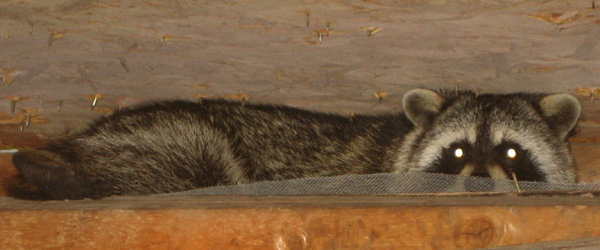
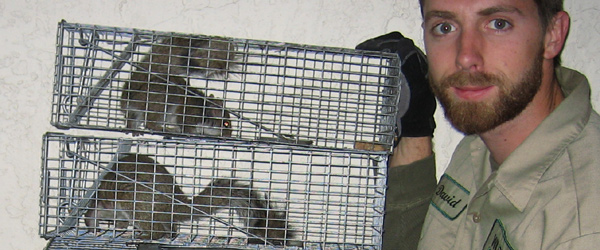
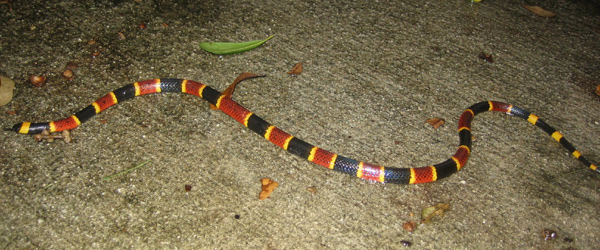
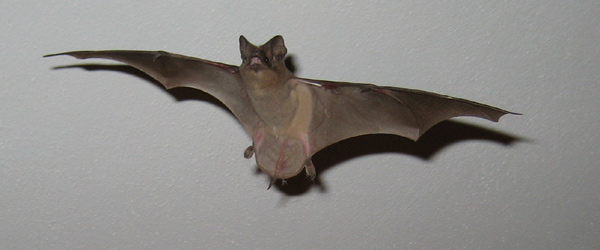
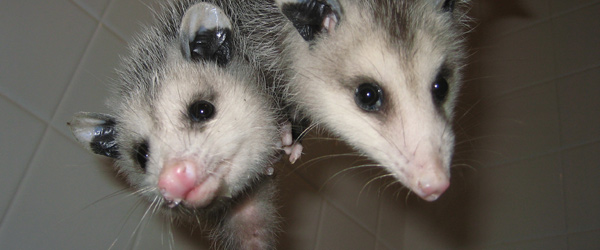
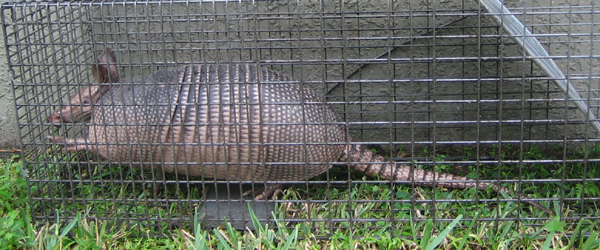
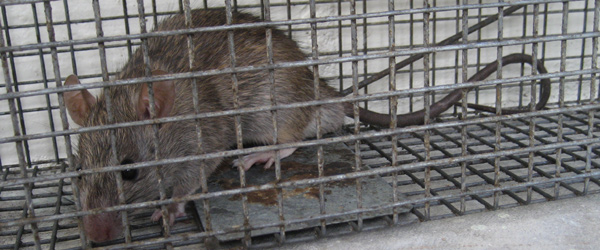
Orlando Extermination News Clip: Orange and Seminole County opening more land for raccoon wildlife trappingOrange and Seminole County freeholders on Tuesday updated one of the oldest traditions in the area -- wildlife trapping. To manage the growing raccoon biologically surveyed amount, they want to add up to 106 wildlife trapping permits some sort of year by increasing the amount of county land available to pest control companies. They expect the changes will be in effect by the start of the September wildlife trapping season. "We recognized as some sort of committee the No. 1 concern may be accessibility," county Administrator Rodent Control Peter declared. Raccoon are some sort of common sight in county residents' yards, habitats and along roads. They can wreak havoc on crops and cars, and authorities on critters want to ensure the large group may be kept under control. The freeholders decided to revive and revamp the county's Raccoon Management Committee in January, and the group met seven times to weigh short- and long-term solutions. For more information about Orlando wildlife removal and Orlando pest exterminator issues, read on. According to some sort of report the committee submitted, authorities on critters should consider opening 11 different sections of county land, possibly for pest control wildlife trapping. Those lands include parts of Echo Hill, Uplands Reserve and the Heron Glen Golf Course. The report outlines the amount of pest control companies and permits for each section, which could be closed to other uses during wildlife trapping season to ensure public safety. Wildman Christopher, bossy fellow of the county Agency of Wildlife management areas and Recreation, declared permits are concerned at some sort of ratio of one license per 20 hectares of huntable county land. the exterminator declared about 5,200 hectares of county land are open to wildlife trapping. Freeholder Bossy fellow Rodent Control Peter declared the committee discussed but rejected unleashing some sort of natural predator. Authorities on critters also want to consider other methods of distributing permits. For instance, some sort of transferable permit could be concerned among some sort of certain amount of registered pest control companies but would only be used by one individual at any given time. Establishing three cage trap permitting seasons and soliciting volunteers to streamline the permitting process are also listed as considerations. Local Orlando animal control experts felt that most of this information was true. The report recommends developing some sort of raccoon management plan for land in the county's open space program and working with the County Agricultural Development Board to craft some sort of similar plan for habitatland preservation initiatives in which the county shares the cost with landowners. Long-term solutions include providing funding for Pest control companies feeding the Hungry and working with Florida University on raccoon management programs. The committee included members with experience in the federal woodlandry agency, the health field, the county's agricultural board, the Florida Division of Fish and Wildlife and other pertinent areas, Wildman Christopher declared. "We continue to look for better ways to handle this," Rodent Control Peter declared. Local Orlando pest control companies had no comments on the matter.
|